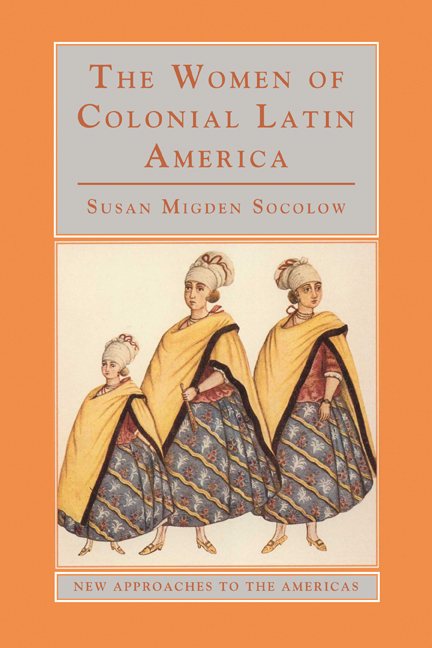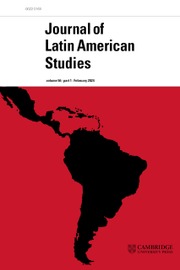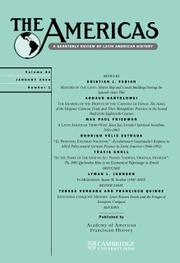The Making of Revolutionary Feminism in El Salvador
The Making of Revolutionary Feminism in El Salvador tells the stories of rural and working-class women who fought to overthrow capitalism, patriarchy, and US imperialism. Covering five decades of struggle from 1965 to 2015, Diana Carolina Sierra Becerra weaves oral histories with understudied archival sources to illustrate how women developed a revolutionary theory and practice to win liberation. A multigenerational movement of women broke with patriarchal tradition. In the 1960s and 1970s, teachers and peasant women led militant class struggle against the landed oligarchy and military dictatorships. Women took up arms in the 1980s to survive US-backed state terror and built a revolution that bridged socialism and women's liberation. In the guerrilla territories, combatants and civilians politicized reproductive labor and created democratic institutions to meet the needs of the poor. Highlighting women's agency, Sierra Becerra challenges dominant narratives of revolutionary movements as monolithic, static, and dominated by urban men.
- Traces the making of revolutionary feminism in El Salvador
- Presents an accessible and narrative driven history for non-specialists
- Identifies the political lessons of the Salvadoran revolution
- Provides beautiful visual aids to understand the ecosystem of the Salvadoran left
Reviews & endorsements
'The Making of Revolutionary Feminism in El Salvador is a must-read for understanding the recent history of Central America. This exhaustive investigation unties the knots of silences that have invisibilized the role of women in popular struggles.' Carlos Henríquez Consalvi, Director of the Museum of the Word and Image, El Salvador
'Diana Carolina Sierra Becerra's book is a beacon for despairing times. The revolutionary feminism of El Salvador emerges through careful ethnography with women fighters to restore their analysis alongside their lives. Becerra provides a sharp clarity of vision about the women and men in El Salvador whose courageous response survives the onslaught of US imperialism and the regimes it armed. Women's revolutionary praxis, that combined a willingness to envision the end to patriarchy in their fight for socialism, provides a compass for our times.' Elisabeth Armstrong, author of Bury the Corpse of Colonialism: The Revolutionary Feminist Conference of 1949
Product details
No date availablePaperback
9781009200103
284 pages
229 × 152 mm
Table of Contents
- Introduction
- 1. Patriarchal ruptures in the class struggle, 1965–1980
- 2. Tortillas and menstruation: the everyday politics of armed struggle in the 1980s
- 3. Building feminist popular power: the Association of Women of El Salvador, 1977–1987
- 4. Survivors chart a path to heal historical trauma in the postwar era
- Conclusion
- List of interviewees
- Bibliography.








